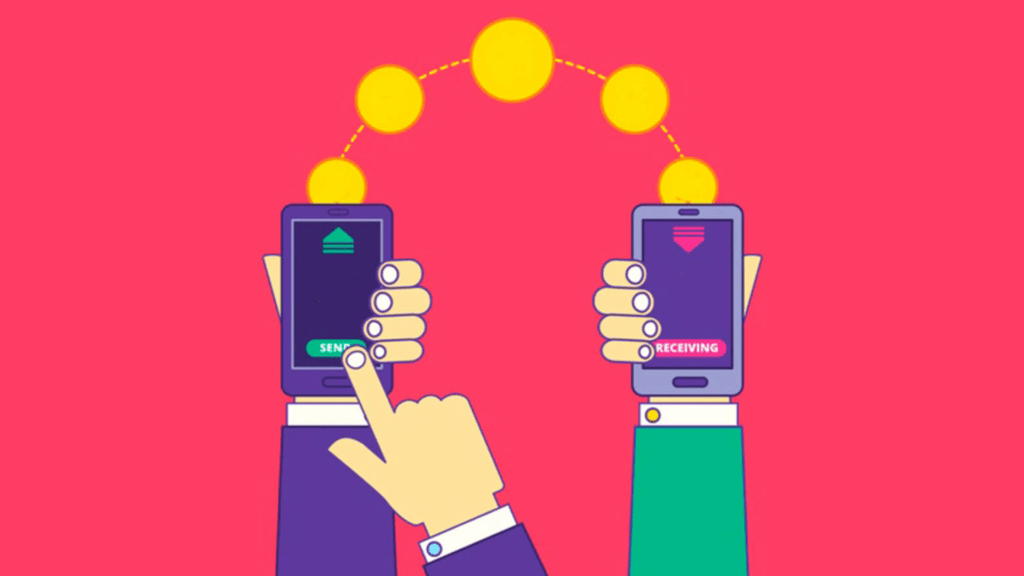Swift resolution of these issues is important to these small companies, and payouts made via paper checks leave a lot to be desired in terms of speed and clarity, which means digital payout options can make a big difference.
To meet this need, 67% of insurance carriers say they view digitizing payments as an important part of their digital upgrade plans, PYMNTS reported in the February 2021 Digitizing B2B Payments Tracker.
A Single Electronic Transaction
Among these insurance carriers, 64% say those upgrade plans are motivated by their desire to be less dependent on paper checks, and 53% are looking to reduce their internal expenses.
Many auto insurance claims payouts, for example, are currently made via paper checks. These require envelopes, paper and posting, take time to travel through the mail, are at risk of getting lost in transit, and burden the policyholder with depositing the check. Digital transfers such as direct deposits, on the other hand, spare the insurance carriers and the policyholders these expenses and inconveniences.
“An easy way to manage payout costs is by embracing digital payouts,” Tom Reuter, director of digital payment solutions at Deluxe, told PYMNTS. “Digitizing and sending claim payouts and the explanation of benefits in a single electronic transaction streamlines and speeds the delivery.”
An electronic transaction not only eliminates the cost of printing and sending payouts, but also decreases call center questions around locating the payment and reduces opportunities for fraud, Reuter explained.
AR Processes
Modernizing accounts receivable (AR) and accounts payable (AP) is another way to reduce frictions, helping businesses handle and reconcile transactions and their associated data.
Reuter explained one way that AR tools can remove friction. With digital payments from insurance companies, these electronic receivables often lack corresponding remittance data. Nacha estimates that more than 60% of ACH payments from businesses arrive separately from remittance information, which often resides as unstructured data, such as a PDF file or email. “Businesses should adopt solutions that use machine learning to automate AR processes, such as payment reassociation and invoice matching,” he said.
Self-Service Models
Some solution providers are betting that insurance policyholders will find digital methods appealing — not only when receiving claims disbursements, but also when purchasing insurance plans.
Several FinTechs have been launching payment platforms and other offerings designed to help insurance companies accept payments from customers via automated clearing house (ACH), eChecks, and credit and debit cards. Providing digital options like these could reduce frictions while catering to customers’ varied preferences.
Looking ahead at how businesses’ expectations for their insurance claim payout experiences will evolve, Reuter said the factors likely to be most important to them are ease of use, speed of payment and security. “This will be achieved by carriers delivering self-service models that offer policyholders and businesses [payment] choices … that are trusted and secure,” he noted.
These are among the reasons that 59% of insurance professionals say they expect their companies to spend more on digital transformations. Digital upgrades are a way to keep up with the competition and meet the evolving needs of small business policyholders.









